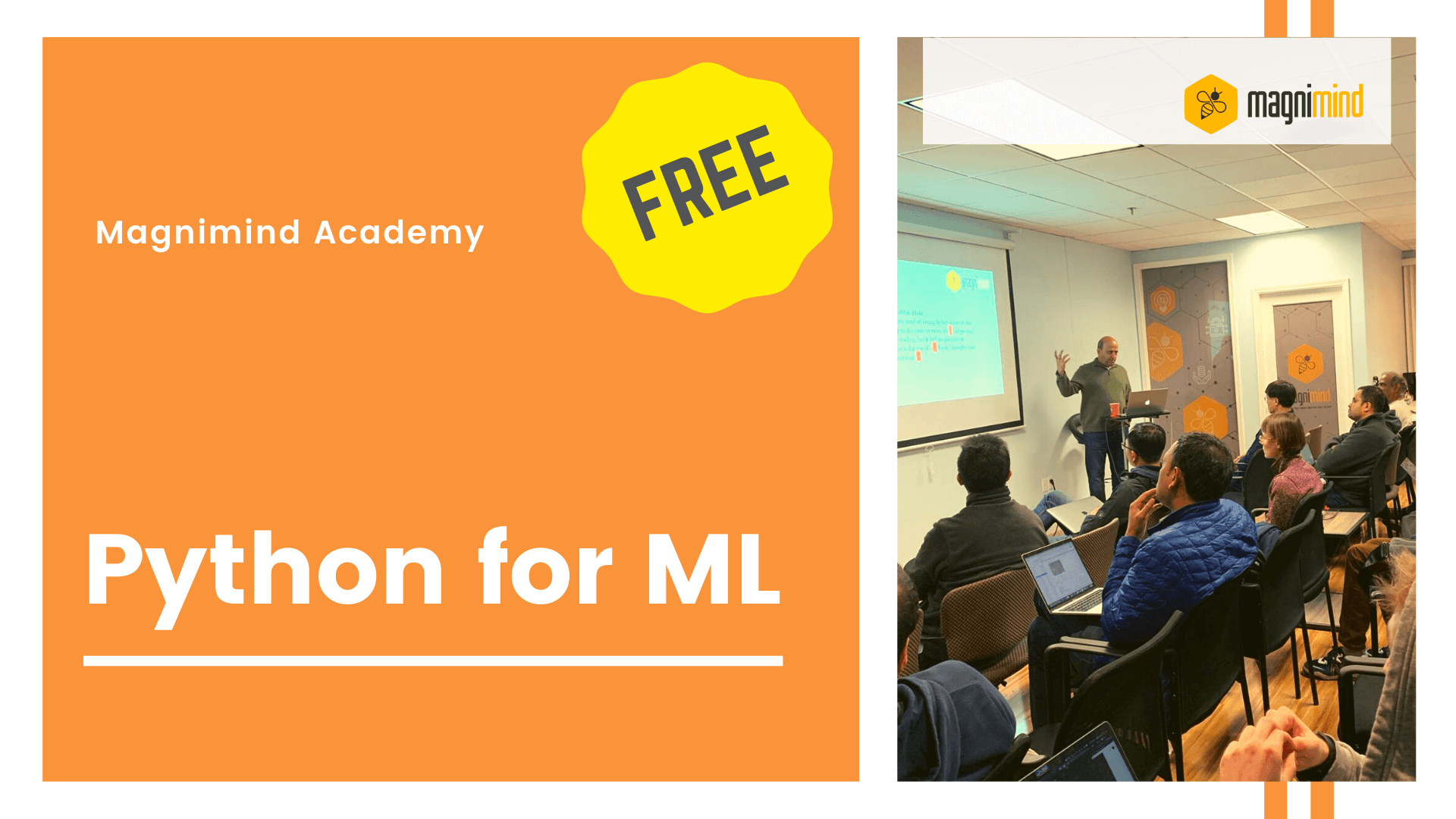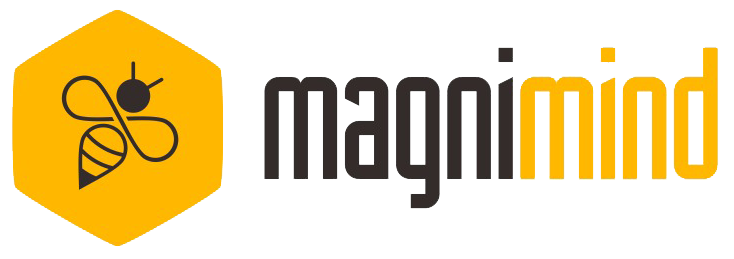
This class is targeted at aspiring programmers who are learning their first programming language. It may be appropriate for programmers who currently at beginner-intermediate level in another programming language, and want to get a jump start in learning Python. Such students will also clarify their understanding of what aspects of programming languages are broadly shared among languages, and which are idiosyncratic to whatever language they already speak.
The majority of this course is dedicated to learning foundational aspects of programming. However, it is often easier to elucidate these through concrete examples. Many of the examples are geared towards applications in analytics, statistics, and artificial intelligence. This focus skews the class slightly, but students will still build a strong enough foundation to learn domain specific skills. It also means, a little bit of prior statistics knowledge will be helpful during the last two classes.
Students who take this class will be able to:
- Identify and describe the foundations of all programming languages, especially the use of:
- Variables,
- Common data processing techniques,
- Control flow,
- Functions,
- Scope,
- Imports, libraries, and APIs
- Use Python to import and process data.
- Work with libraries and APIs in Python.
- Use Python libraries to create charts and graphs.
- Describe artificial intelligence and machine learning at a high level.
- Use Scikit Learn to perform ML tasks.
Your learning experience will be supported by office hours and a Slack channel, where you can ask your questions and get help when you got stuck.
1- Python Basics
- Hello Python!
- Some Useful Commands
- Data Types
- Variables in python
- For loop
- While loop
- Lists in Python
- Dictionaries in Python
- Tuples with Python
- Sets in Python
2- Python
- Conditional Statements
- Functions
- Try / Except
- List Comprehension
- Lambda Expressions, Map, and Filter Functions
- Examples
3- Python-Main Libraries
- Pandas
- Numpy
- Visualization
- Matplotlib
- Seaborn
- Examples
4- Python for Data Scientist
- Distributions
- Central Limit Theorem
- Law of Large Numbers
- Correlation
- Accessing data with API
- Linear Regression with Python
Start learning the Python for Machine Learning with outside of business hours schedule of 10 hours as follows:
August 25 and September 1 – 8 – 15 – 22
Tuesdays, from 4 pm to 6 pm (PST)
Python for Machine Learning Mini Bootcamp is now available online. Anyone who wants to attend this mini bootcamp can join online live webinars where the course content will be taught. Online sessions will be distributed through zoom conferences. Students will have access to the screen of the instructor and be able to ask questions through chat. You may attend this mini bootcamp no matter where you are.
The application process starts at magnimindacademy.com. On the related course page, you can apply by clicking the “Apply now” button and then fill out the application form. You will be notified and informed about the details with an email prior to the bootcamp.
Abdullah Karasan was born in Berlin, Germany. After he studied Economics and Business Administration at Gazi University-Ankara, he obtained his master’s degree from the University of Michigan-Ann Arbor and his PhD in Financial Mathematics from Middle East Technical University (METU)-Ankara. He worked as a Treasury Controller at the Undersecretariat of Treasury of Turkey. More recently, he has started to work as a Senior Data Science consultant and instructor for companies in Turkey and the USA. Currently, he is a Data Science consultant at Datajarlabs and Data Science mentor at Thinkful. He has several published scientific articles and the author of the book in progress titled “Machine Learning for Financial Risk Management in Python”.
